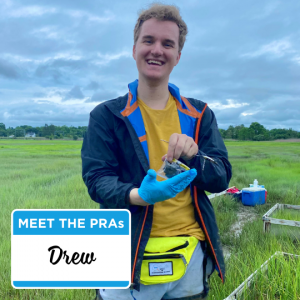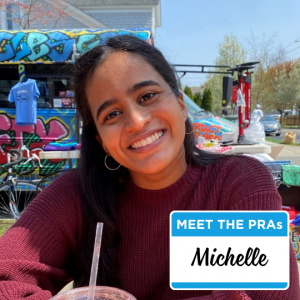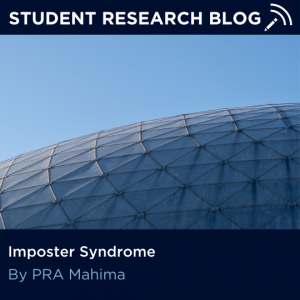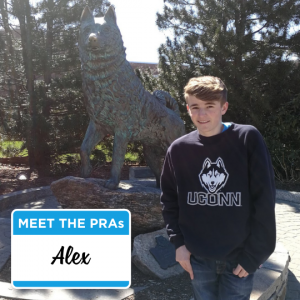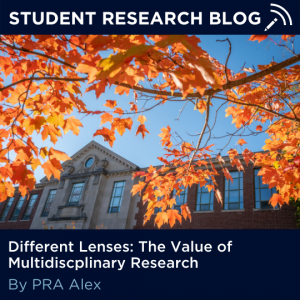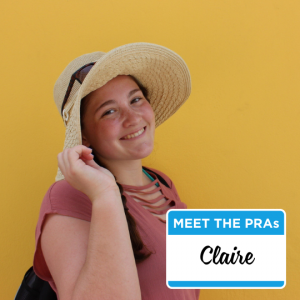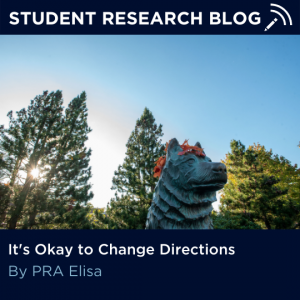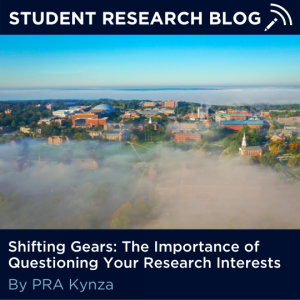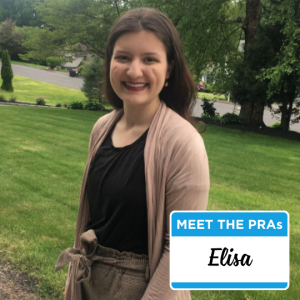Meet Poorna Balakumar ’23, an OUR Peer Research Ambassador (PRA) majoring in Molecular and Cell Biology, Pathobiology, and Asian Arts, Culture, and Feminism.
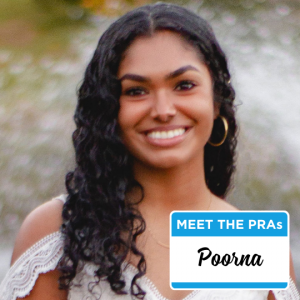 What is the focus of your research?
What is the focus of your research?
I currently conduct research under Dr. Geary in the Pathobiology Department. The focus of my research is to understand the mechanisms of how different microbial pathogens cause respiratory disease in humans, and to develop vaccines against these pathogens.
I also started conducting researching under Dr. Cohen in the Drama Department. The focus of my research there is to explore the different representations of gender in Indian theatre throughout history, and to analyze the gendered experience of first-generation women learning Indian classical dance transnationally. Continue reading
